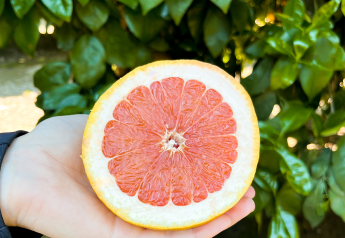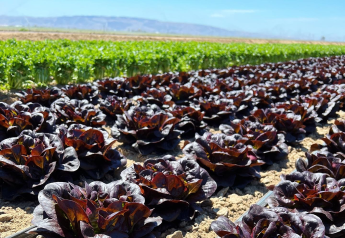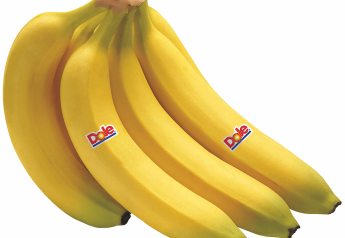USDA restricts PACA violators in California and Texas from operating in the produce industry

The U.S. Department of Agriculture (USDA) has imposed sanctions on three produce businesses for failing to meet contractual obligations to the sellers of produce they purchased and failing to pay reparation awards issued under the Perishable Agricultural Commodities Act (PACA).
These sanctions include suspending the businesses’ PACA licenses and barring the principal operators of the businesses from engaging in PACA-licensed business or other activities without approval from USDA.
The following businesses and individuals are currently restricted from operating in the produce industry:
Marlon Abarca, doing business as New Water Co., operating out of Rancho Cucamonga, Calif., for failing to pay a $20,967 award in favor of a California seller. As of the issuance date of the reparation order, Marlon A. Abarca was listed as the sole proprietor of the business.
Mike’s Bulk Dist. Inc., operating out of Irvine, Calif., for failing to pay a $33,796 award in favor of a California seller. As of the issuance date of the reparation order, Michael Eugene Feliz III. Ortega was listed as the officer, director and major stockholder of the business.
OTC Produce LLC, operating out of McAllen, Texas, for failing to pay a $57,582 award in favor of a California seller. As of the issuance date of the reparation order, Jorge A. Mardones Lopez was listed as the manager, member and major stockholder of the business.
PACA provides an administrative forum to handle disputes involving produce transactions; this may result in USDA’s issuance of a reparation order that requires damages to be paid by those not meeting their contractual obligations in buying and selling fresh and frozen fruits and vegetables. USDA is required to suspend the license or impose sanctions on an unlicensed business that fails to pay PACA reparations awarded against it as well as impose restrictions against those principals determined to be responsibly connected to the business when the order is issued. Those individuals, including sole proprietors, partners, members, managers, officers, directors or major stockholders, may not be employed by or affiliated with any PACA licensee without USDA approval.
By issuing these penalties, USDA continues to enforce the prompt and full payment for produce while protecting the rights of sellers and buyers in the marketplace.
For more information, contact John Koller, Chief, Dispute Resolution Branch, at (202) 720-2890, by fax at (202) 690-2815, or PACAdispute@usda.gov.







